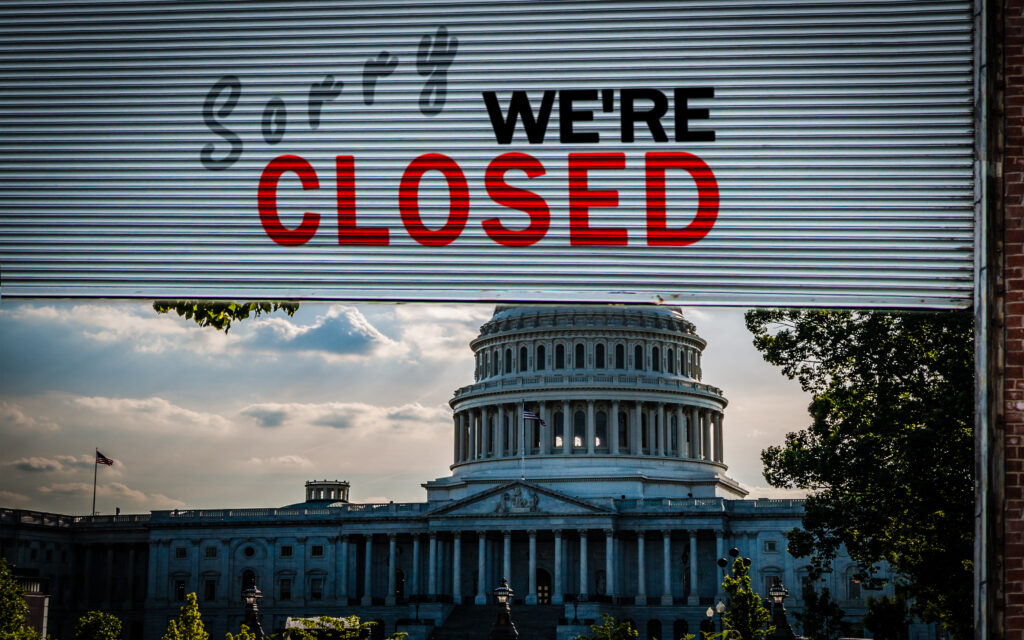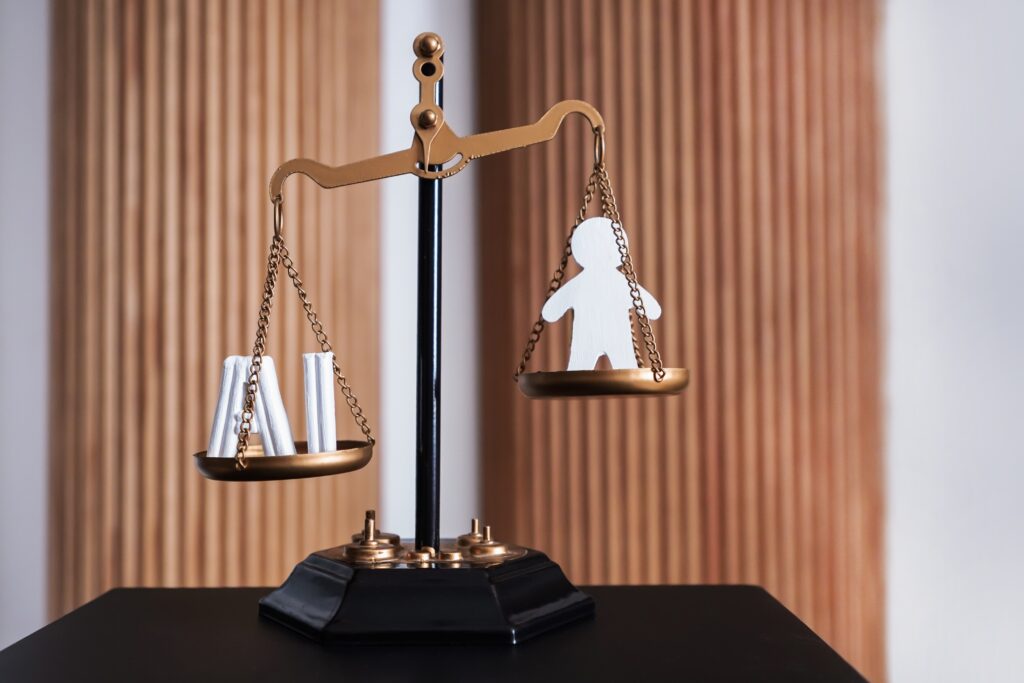Where Did The Word Civility Originate?
You cannot read any news publication today without some reference directly or indirectly to the lack of civility in society, and especially among politicians. Many of my progressive friends claim the world of civility died when Donald Trump was elected president the first time. While President Trump is smart, abrasive, and at times totally disrespectful, I think this progressive position gives President Trump far too much credit.
The word "civility" is derived from the Latin word "civilis," which means or is related to the word "citizen." Citizens were to behave appropriately. This assumption was a stretch for the Romans. Roman politicians did not hesitate to kill their opponents. Tiberius Graccus was a tribune in Rome who sought agrarian reforms in an effort to support small farmers. He wanted to take from the rich and give to the poor. A mob, instigated by senators (the rich), killed him. Assassins ended Julius Caesar's life, but the assassins either committed suicide or were murdered by Caesar's supporters—so much for civility in the Roman world.
Civility In The United States.
There is a significant supply of examples of political civility gone astray in the United States. Consider the following:
- Senator Joseph McCarthy's Senate hearings in the 1950s destroyed the careers and the lives of many people.
- In 1858, the United States House of Representatives was involved in a full-scale brawl during a heated debate over the guidelines that would determine whether Kansas would be admitted as a territory.
- Ex-Chief Justice of the California Supreme Court David Terry fought a duel with United States Senator David Broderick in 1859.
- On May 22, 1856, Preston Brooks, a representative from South Carolina, beat Senator Charles Sumner with a cane on the floor of Congress.
- And, we should not forget the duel between Aaron Burr and Alexander Hamiltion.
Items 2, 3, and 4 cited above were the result of a disagreement over slavery. Why? Because both sides had a visceral feeling they were right, and because enslavement was morally reprehensible. While the issue today is not always tied to race, both sides (conservatives and progressives) think they are morally and ethically correct. And since being abusive helps politicians get elected, civility is often seen as an obstacle. (In some cases, e.g., reparations for descendants of enslaved people, the United States' history of enslavement still haunts the United States.)
Reasons People Are Not Civil.
Given that civility seems to be elusive, it is appropriate to examine what has exacerbated the angry rhetoric and harshness in our society. It is essential to determine the cause and effect relative to the lack of civility.
Back to the president. Has he caused all of the harshness? Not by himself. So, if not the president alone, who or what is causing the social breakdown? There are numerous culprits. I will mention just a few.
Social Media. First, social media, streaming media, and the press have given citizens the right to say anything they want, to bully people, to rant without any basis for their rants, and to curse profusely. This abuse, while not praised, is not attacked. Society really has no desire to stop the abuse. Why? It is simple. If others can abuse me, I have the right to abuse them. This environment has set the stage for the erosion of civility.
Religion. Second, religion has become more involved in politics. Billy Graham stated that one of his regrets was getting involved in politics; Pope Benedict XVI, in a speech, said, "…religions must not seek directly to exercise political power, because they are not called to do so." And C. S. Lewis espoused the idea that religion and politics should not be mixed when he said, "I think almost all the crimes which Christians have perpetrated against each other arise from this, that religion is confused with politics." Yet, in the United States, religion is often viewed as a political engine.
G. K. Chesterton once claimed that a landlady should be as concerned about a renter's philosophy as their income. Voters, even those with no religious affiliation, often want to feel that politicians have a moral compass—some guiding philosophy that aligns with their principles. Religion frequently fills this void, even when it is evident that a politician's actions do not align with their espoused religious beliefs. In the United States today, nearly every politician wraps themselves in some blanket of higher moral purpose. Sometimes the moral purpose is tied to a religious-based movement, such as the conservative right or evangelicalism, or a secular movement, like postmodernism, where individuals determine their moral compass. The goal for politicians is to appear better than all others. If a politician wants to get elected, left or right, they should have a spiritual advisor in their entourage—one that looks good on television and tells people God is on the candidate's side.
Political Labels. In line with the use of religion comes the increased importance of the terms "conservative" and "progressive." Both terms have implied meanings that I am not convinced people using them truly understand. For example, a progressive is someone who is moving away from something and toward something new and hopefully better. For example, some progressives want to move away from anything related to Trump. That is fine if they know where they are going, but many do not. Their only mantra is I am anti-anything conservative. Thus, being progressive may not be a direction, but a lack of direction.
Conservatives, on the other hand, claim they adhere to core values. This position would be ideal if they could clearly define all the core values, and even better if they could adhere to the ones they have defined. One core value that most conservatives espouse is fiscal responsibility. I get it. However, if that is their goal, why does the budget deficit go up when the conservatives are in control of Congress? Shouldn't it go down?
Rigging The Vote. Third, gerrymandering by legislative bodies has led to districts that lean decisively to the left or right. So, to win their district, House members have to be as abusive and hateful as the extreme members of the constituency. Thus, since an elected politician has no incentive to compromise because they honestly disagree with their opponent's position, there is no incentive to be civil. After all, being civil is hard work.
Decline Of Language. Fourth, some politicians have run out of vocabulary. In the 1800s, if a politician called another politician a "scoundrel," they had really hurled an insult. Calling someone stupid was equally bad—almost a sin. Today, the vocabulary has become so thin for some politicians on the far left and far right that to insult someone, politicians have to resort to the "F" word. The opponent is no longer an idiot; they are a "f------" idiot. When I worked in government, I never heard the "F" word in open sessions. Today, some politicians believe they will not be noticed without using profanity; extreme profanity is often seen as a sign of the importance of their cause. No one should doubt that the decline in civility has entitled people to use profanity. And, the more profanity is utilized, the more civility declines.
Does Metal Float?
As a seventh grader, I was amazed when the teacher told us a needle could float on water. I thought it was impossible that that could occur, after all, the metal was denser than water. Then the teacher illustrated to the class that, due to surface tension, a needle could float on water. It was a fragile relationship. Almost any movement of the container holding the water would cause the needle to sink. Today, civility is the needle. It has sunk to the bottom of the glass because society has been shaken.
Start Liking Others: It's Good For Society.
Why does the fact that the needle has sunk to the bottom matter? In family relationships, business, and government, a lack of respect and civility can be devastating. It can destroy a marriage, a business venture, or necessary governmental support programs for those in need; it can strip wealth from those in the middle class who have earned it—civility matters. The only way back to civility is to stop thinking that others cannot disagree with you and that you are always right. Leaders in all walks of life should set the tone, rather than inflaming the rhetoric.
If you have not read the blog that describes the "However View," click here.







